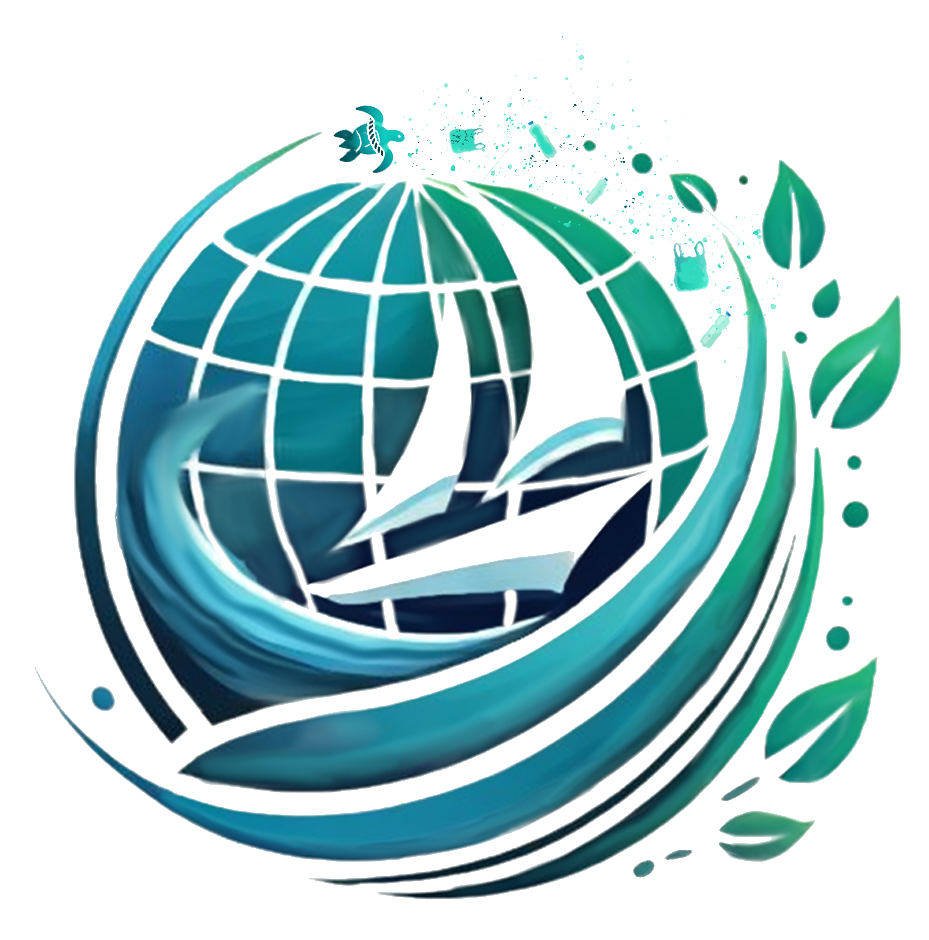Born Into a Battlefield
The impossible journey of a baby sea turtle
Reading time: 6 min
Let’s go on a journey together. A voyage, if you will.
Imagine yourself, smaller than the palm of a hand, awakening inside an enclosed world of darkness. Your egg has cracked open, and with a tiny bump on your nose your so-called egg tooth, you begin to claw your way into the pocket of air above you. At least a hundred brothers and sisters are hatching around you. Baby turtles don’t all hatch at the exact same second. Everyone endures the chaos, yet an instinct drives you all forward. You are exhausted, still half-formed, but there is no time to rest.
The sand presses down from all sides. Oxygen is dangerously low. Every moment spent underground is a gamble with suffocation. You and the other hatchlings begin pushing against each other. It’s chaotic and terrifying. The sand starts to collapse onto everyone. Those who cannot dig fast enough the weak, the slow, simply stop moving. Their bodies, still and lifeless, become part of the shifting sand landscape your siblings, and you, are trying to dig out of.
Eventually, your flippers strike colder air. A breeze. And far above, the distant shimmer of moonlight.
Freedom.
Or so you think.
You begin the desperate crawl to the ocean, guided by the silver shine of moonlight on the water under the stars. But you are not alone. Ghost crabs, ancient predators of the beach, have been watching. They dart forward from their hidden burrows with knives for claws, grabbing hatchlings and dragging them below the sand. On some beaches, ghost crabs are responsible for killing between 30 to 50% of all sea turtle hatchlings before they even reach the ocean’s edge.
Yet you press on, as fast as your tiny flippers will carry you.
Above you, another danger looms. The dark sky is alive with hunters frigate birds, seagulls, and terns, circling silently. When they strike, they do so with precision and speed, snatching hatchlings from the sand and disappearing into the night. Some birds, unable to carry the weight, simply drop their prey from fatal heights to kill it before eating. Sometimes it makes me wonder are my problems really that deep?
Okay, back to your escape.
By the time you reach the shoreline, half of your brothers and sisters are already gone.
But the ocean, the ancient mother who is trying to call you home, holds dangers of her own. In the shallows, hidden in the waves, predatory fish lurk, snappers, barracudas, jacks. Each waiting for a moment of weakness. The first few steps into the water can be your last.
Yet you crawl forward, because there is no other choice.
You were born into a war you did not start.
But nature alone is no longer your only enemy.
Today, the beach itself has been twisted by human hands.
The once clean but already very dangerous path to the sea is filled with obstacles: discarded fishing lines that act like traps, plastic bags that hurt and entangle, broken glass that cuts unseen in the dark. City lights behind the dunes confuse you, pulling hatchlings away from the sea and into deadly roads and drains. Some simply wander inland until dehydration claims them. In areas with heavy artificial lighting often accompanied by urban waste like plastics, Florida Fish and Wildlife Conservation Commission proved that up to 100% of hatchlings become disoriented and crawl away from the ocean.
And beneath the sand, a new horror waits, one that your ancestors never faced.
Drawn by the scent of moisture and life, red fire ants, an invasive species spread by human activity establish tunnels straight into turtle nests. They find you before you even emerge. They swarm your broken egg, biting, stinging, overwhelming.
Scientific studies have shown that when fire ants invade a nest, over 70% of hatchlings are killed within moments after hatching.
Seventy out of every hundred never even make it out of the sand.
They die in silence, burned alive by a fire they were never meant to endure.
Every step toward the sea is a step through a minefield we created.
And yet... despite it all, you keep going.
Something ancient calls you forward. Something far older than any city light or plastic bottle.
Deep within your tiny brain, you carry a memory written in the earth’s magnetic fields, the unique signature of this beach, this birthplace. Even now, though your life has barely begun, some part of you knows this place. If you survive, you will carry this memory for thousands of kilometers across oceans you have never seen, only to return here, decades later, to lay eggs of your own.
If you survive.
But how many of you will?
How many journeys will end before they even begin because of the walls we now have built between life and the sea?
This is why The Voyage of Dreams exists.
This is why beach cleanups are not only a good symbol, we believe they really are vital acts of hope.
Every plastic bag removed, every fishing line untangled, every cigarette butt collected is a battlefield cleared. It is a chance.
We cannot ask these tiny travelers to fight any harder than they already do.
The least we can do, the very least, is to give them back the beaches they were born to call home.
Join us.
Clean beaches with us.
Fight for them.
Because the ocean remembers. And one day, they will too.
